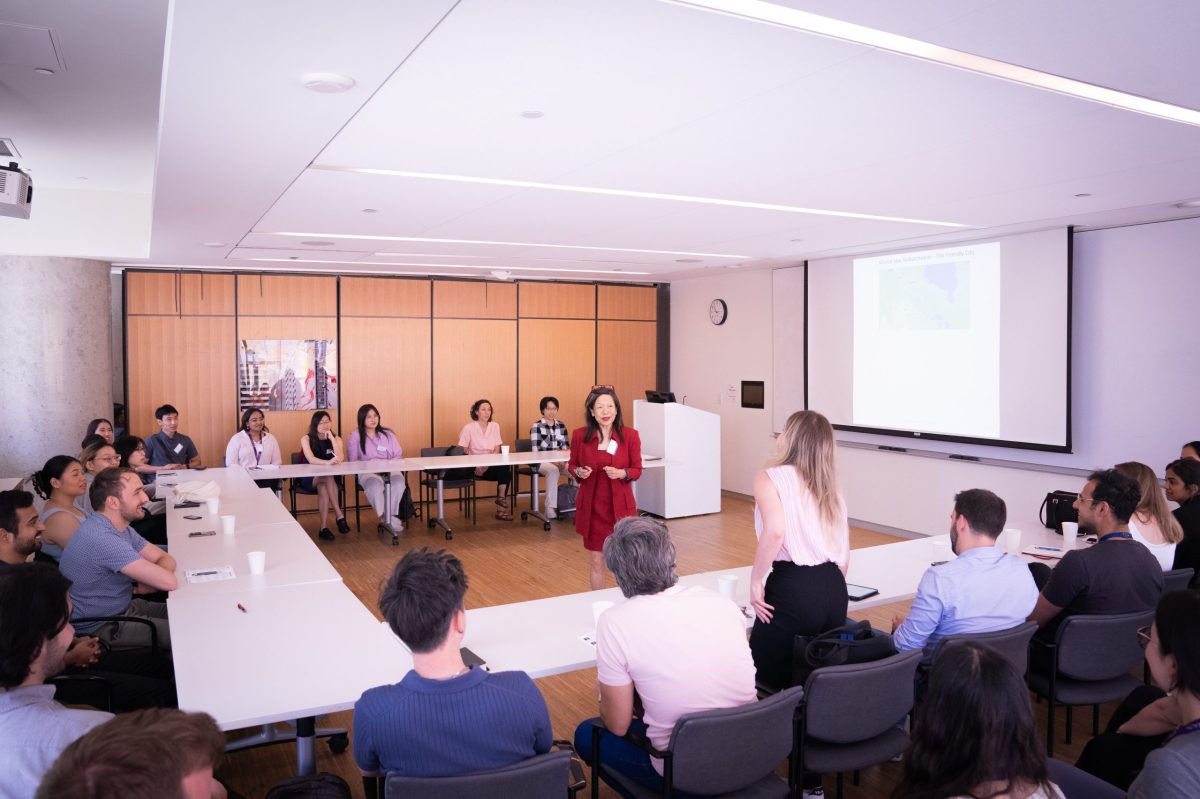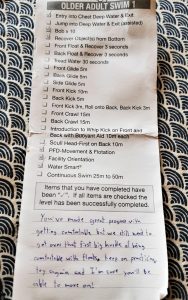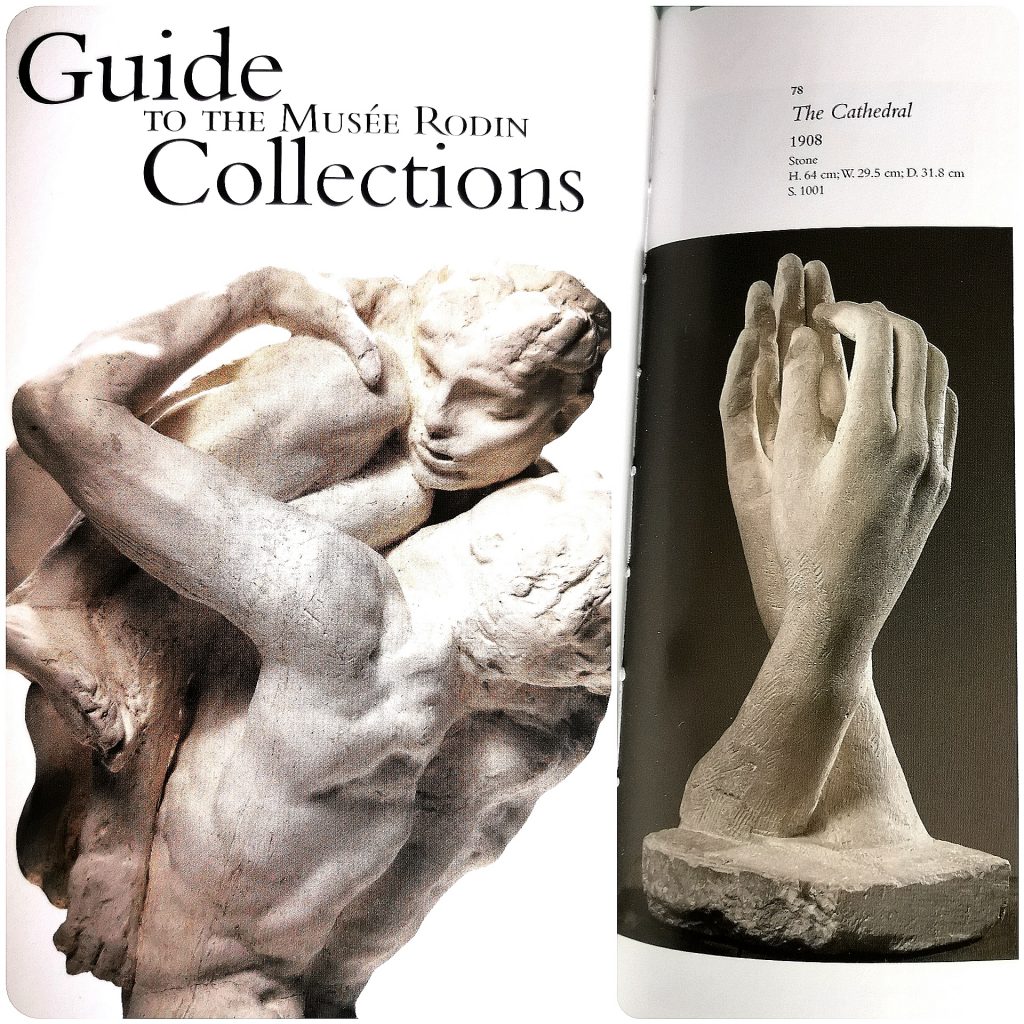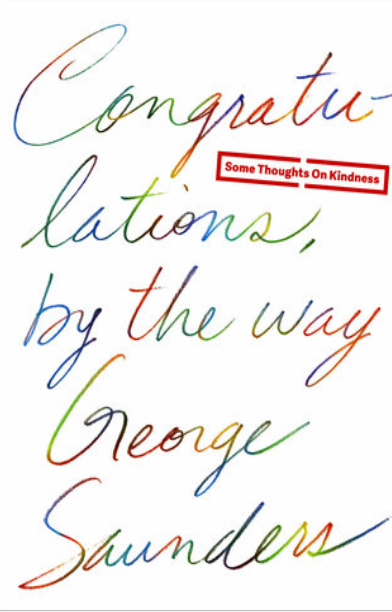

In these uncertain and unprecedented times of social distancing and self-isolation, we still have so much…even toilet paper!
I don’t get it. Maybe it’s because I was born and raised in a small town, pop. 34,000 called Moose Jaw, Saskatchewan, Canada. Google it! I had it all on the prairies – big open sky, flat prairies where you can see forever, and the friendliest people in the world. Why would I leave? The answer can be found in a number of boxes.

In fact I paid a tribute to these boxes in my commencement address titled “On Boxes and Belonging” for the 2018 graduating class of internationally educated and trained professionals at Ryerson University’s The G. Raymond Chang School of Continuing Education.
Unpacking and packing these boxes meant carrying and storing hard-earned lessons learned from country to country. Learning weighs a ton so I’ve curated my top 25 hard-earned lessons learned so here you go, one soundbite at a time in random order because life is random.
Lesson 1 – Schedule time to dream. Freely.
You don’t need to be a billionaire to do it. No one can buy time. Give it a try. Time gives us creativity.
Lesson 2 – Reflection does not mean reliving the past.
My two guest speakers this week reminded me to remember and share my lessons learned…so here they are.
Lesson 3 – Mentors are everywhere.
You don’t need to always ask. You just need to listen well to find them. Be respectful and reasonable because they mentor many.
Lesson 4 – Doors always appear.
If you are present, you will see opportunities and have a choice to walk through the door or not.

Lesson 5 – Be “colour blind”. Not everyone is.
People will judge you by the way you look. Those who aren’t “colour blind”, tread carefully. Don’t let them stop you from being who you are.
Lesson 6 – Listen, always listen. Listen to both your heart and your head.
Learn to trust your instincts. If you feel queasy and uneasy, heed the red flags. But if your gut says go, then run and don’t look back.
Lesson 7 – Know what makes your parents happy.
It’s not always about you. After all, they gave you life.
Lesson 8 – Wear even walk in another person’s shoes.
Of course, they won’t always fit but only then you will know empathy.
Lesson 9 – Draw and know your line in the sand. Now.
Know in advance so when you’re asked to cross it, usually in crisis situations, you won’t hesitate and know what to do.

Lesson 10 – Know when to quit. It’s ok.
Seth Godin, Marketing Guru calls it “The Dip”. Stop when all you have is a hammer and everything starts looking like a nail.

Lesson 11 – Handle unbridled passion with care. It needs the cross and skull bones hazard label.
Don’t get burned. Passion is poison if you let loose. Be alert. Always!
Lesson 12 – The toughest battle will be the one you have with yourself.
Put pride aside so that you can put food on the table. Ask for help. Help is everywhere – open heart, open mind, and open arms.
Lesson 13 – Always be a student.
Be it washing dishes or windows, creating software or songs, look at life like a student. Don’t think you are the smartest person in the room. Learn more.
Lesson 14 – Know how to fall. Properly.

You will be caught. Get up again.
Lesson 15 – Adapt. Accept. Grow.
Nothing is forever. Unless it’s change. “Perspective is the function of experience.” ~ Brené Brown, Professor, University of Houston. Adapt to change and gain more perspective.
Lesson 16 – People can be anything but predictable.
Dig a little deeper and go beyond the surface to spot patterns in behavior. But don’t bet the farm on it. People are unpredictable.
Lesson 17 – Grace is not just a name but a virtue.
What comes with growth is grace.
Lesson 18 – Remember it takes two to tango.
When you think you have all the bases covered, especially in crucial conversations, keep finding other ways to connect and increase the probability of understanding.

Lesson 19 – Know the politics. Don’t play them.
“Be aware of politics but don’t play them.” ~ Indra Nooyi, former CEO at Pepsi. Where are the “landmines”? Find great mentors to help you avoid them.
Lesson 20 – Common sense is not common. Everyone has limits.
No one is perfect. Loyalties affect livelihood and there are limits to how much one can do to help. Give people the benefit of the doubt. Look for goodness in others.
Lesson 21 – You don’t need much to be happy.
What does happiness mean to you? Not your parents, not your spouse or partner, not your friends or your colleagues. What does happiness mean to you?
Lesson 22 – No learning is lost.
Even when you come in second. As a striver, it’s hard not to come out ahead or on top but you move on.
Lesson 23 – Don’t look away from the truth.
Even when it hurts. Especially when it hurts. The truth circles back so you get a second chance to learn … even a third.
Lesson 24 – The Universe will unfold as it should.
Timing is everything. Know when to go with the flow and when to course-correct.
Lesson 25 – Believe.
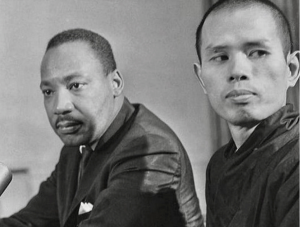
Believe the universe is interconnected. If you do harm, it will ripple like a pebble striking water. If you do good, it will travel the same path and last for an eternity.
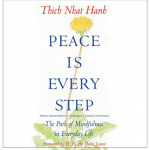
“The source of love is deep in us, and we can help others realize a lot of happiness. One word, one action, or one thought can reduce another person’s suffering and bring them joy. One word can give comfort and confidence, destroy doubt, help someone avoid a mistake, reconcile a conflict, or open the door to liberation. One action can save a person’s life or help him take advantage of a rare opportunity. One thought can do the same, because thoughts always lead to words and actions. If love is in our heart, every thought, word, and deed can bring about a miracle. Because understanding is the very foundation of love, words and actions that emerge from our love are always helpful.” “Peace is Every Step” ~ Thich Nhat Hanh .

